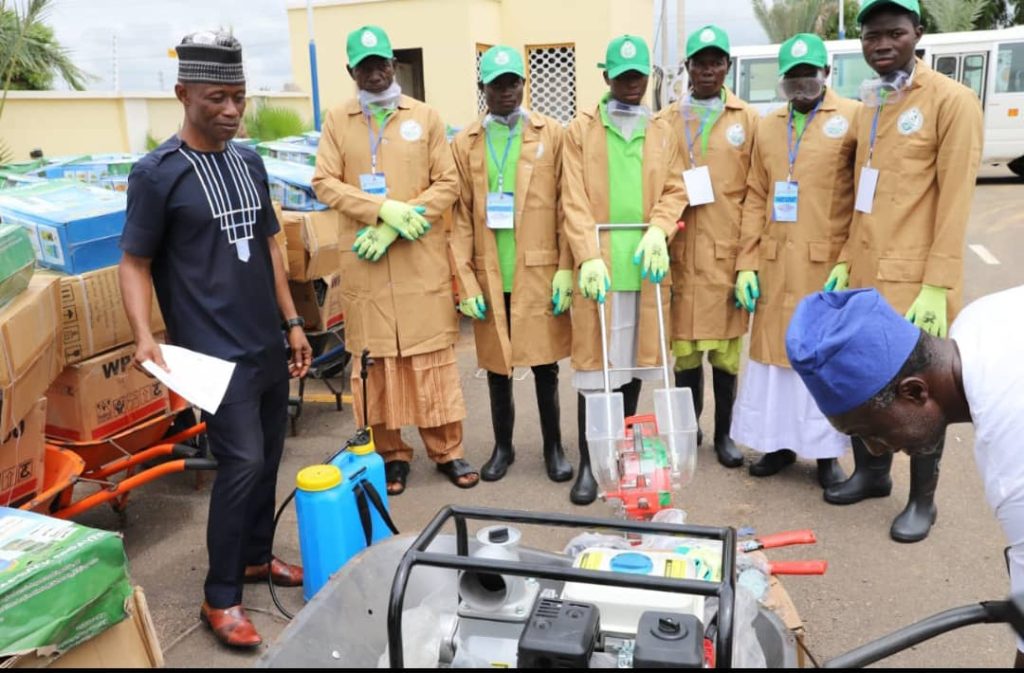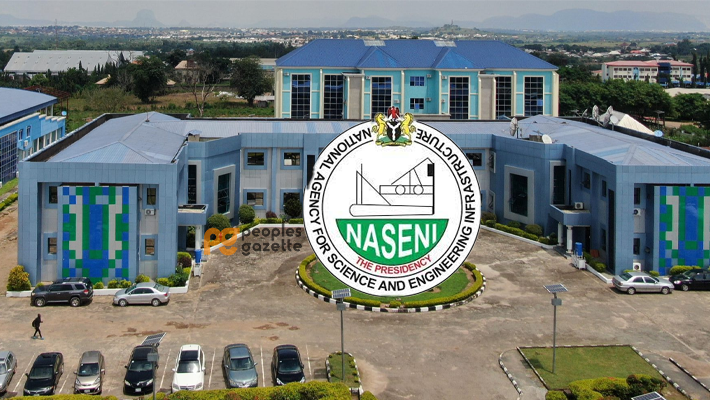The National Agency for Science and Engineering Infrastructure (NASENI) has outlined its ambitious plan to lift 2.5 million Nigerians out of poverty within the next five years through technology transfer and various programmes.
Mr. Khalil Halilu, the Chief Executive Officer (CEO) of NASENI, shared this vision during a media briefing held in Abuja. Halilu emphasised that the agency aims to achieve significant outcomes through technology transfer, including a 25 percent reduction in the import bill to $37.4 billion by 2030. This reduction will be facilitated by partnerships aimed at promoting local manufacturing of the top 10 highly demanded items.
Furthermore, NASENI projects the creation of over three million jobs by 2030 through targeted technology knowledge transfer to 300,000 small and medium enterprises (SMEs).

He highlighted NASENI’s efforts in capacity building for SMEs, including collaborations to produce 35 of its market products. Notably, achievements within six months include the production of electric tricycles, laptops, phones, lithium batteries, solar home systems, and solar irrigation equipment, with three products already launched.
Halilu elaborated on NASENI’s partnership with the Rural Electrification Agency to deploy renewable energy technologies, particularly solar resources, in rural communities to improve electricity visibility and supply. He talked about Nigeria’s potential to leverage its power challenges for solar energy technology development and the production of minerals required for renewable energy, such as lithium.
He revealed an agreement with a Chinese firm to construct a $150 million lithium-iron plant, aligning with Nigeria’s efforts to meet global energy transition demands.
NASENI is also focused on reviving 55,000 broken-down tractors under its National Tractor and Vehicle Recovery programme, aiming to convert them into cleaner energy sources.
Furthermore, the organisation is addressing security concerns by reviving armoured personnel carriers and abandoned weapons to prevent their misuse.
Halilu expressed concern over the low female inclusion in engineering, leading to the launch of the Developing Engineering Leaders through Her (DELT-HER) special fund scheme to encourage women’s participation in the sector.


